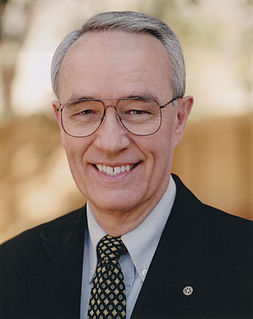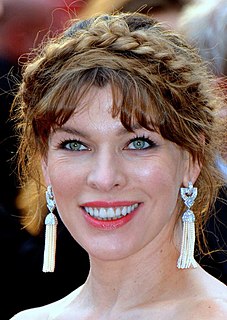A Quote by Athiya Shetty
With your first film, you can make mistakes, but your second and third movies map out your career.
Related Quotes
Introduce your main characters and themes in the first third of your novel. If you are writing a plot-driven genre novel make sure all your major themes/plot elements are introduced in the first third, which you can call the introduction. Develop your themes and characters in your second third, the development. Resolve your themes, mysteries and so on in the final third, the resolution.
This is my year of transition from what I'm calling the second phase of my life to the third phase of my life. And I wanted to pass it along. What I mean by that is, in the first days of your life you're dependent on others and you learn. You're basically a kid, depending on your parents. In the second phase of your life, you're working and others are dependent on you and you're trying to be successful. And then when you go to the third phase of your life it's no longer as much of a kick to be successful. There's a natural, instinctual desire to help other people be successful.
You go into the voting booths and you can rank your choices. So your first choice is an underdog that might not win, you know, that your choice number two, which might be your lesser evil, your safety choice, your vote is automatically reassigned from your first choice to your second choice if your first choice losses and there's not a majority winner. So it essentially eliminates, splitting it, eliminates having to vote your fear instead of your values.
I think a lot of people go into filmmaking thinking, "How can I make a career?" And so when they make their first film, they make it thinking, "Well, this'll be the one that gets me to the place where I can make the second film the way I want to make it, and that'll get me to the place where I can make $100 million on the third film." And I thought, "Well, if I put sustainability at the bottom of my priority list, then what opportunities is that going to free me up to pursue?" And that's what I've always done.




































